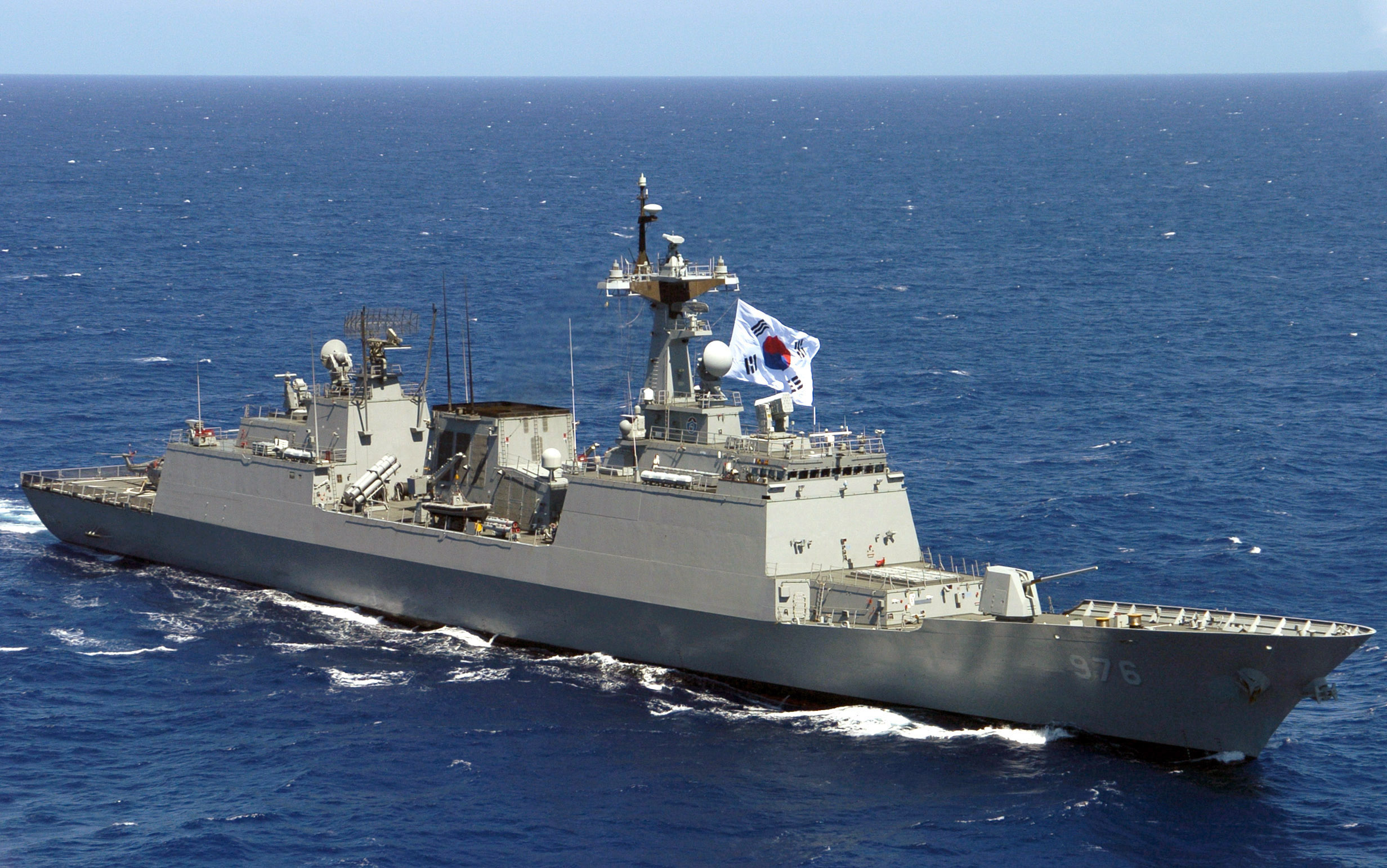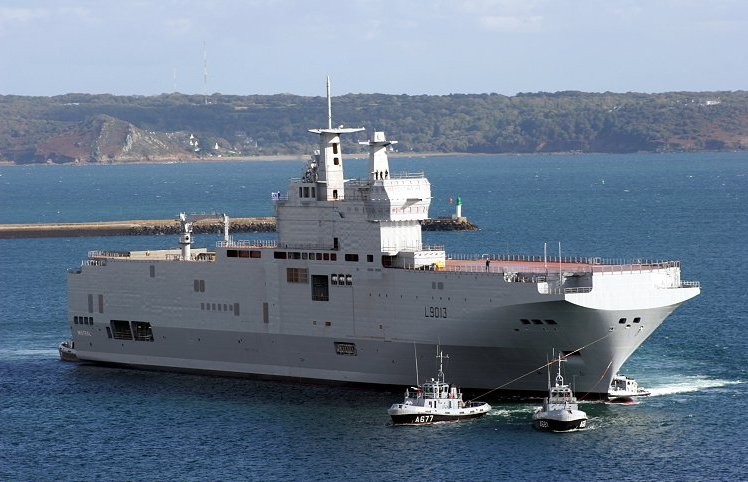
With nearly 90 percent of the world’s commerce transported by sea, it is no surprise that maritime security is essential to both the global supply chain and international trade. No one country, department, or agency can hold all of the authority or capability to have effective Maritime Domain Awareness on its own. However, by sharing resources between government and industry, it is becoming increasingly possible for navies, organizations, and defense contractors to identify, track and, if necessary, intercept most maritime vessels.
The National Maritime Domain Awareness Plan, released in December 2013, is the United States of America’s national strategy for maritime security, and is the result of a combination of intelligence from all regions of the world.
Following the events of 9/11, the international community has had to continually reassess its vulnerabilities in global maritime transportation systems, and evaluate the capacities of the international community to address gaps in the global security structure. Thus, this plan identifies on-water resources, maritime information collection capacity, and surveillance capability as having key roles to play in supporting international security.
This plan is also, among other things, the culmination of a number of American laws that support maritime security. Among them, the Espionage Act of 1917, which empowered the U.S. Coast Guard to protect harbours and vessels during national security emergencies. Also included is the Magnuson Act of 1950 which, among other things, allowed the U.S. to control the movement of foreign vessels in U.S. ports.
“Using a whole-of-nation approach, at minimal cost, [the plan] promotes favorable conditions for integrating and sharing information, including intelligence, to better inform decisions affecting the security, safety, economy and environment of the United States and the global maritime commons,” National Security Council spokeswoman Caitlin Hayden said in a statement.
With 70% of our planet covered by water, the world’s oceans truly connect us all. And with 90% of our commerce done by sea, it is essential to global commerce and our way of life that these shipping routes remain open and secure. On top of that, with 90% of the world`s people living near a coast, the world’s maritime forces must work in unison. It is therefore essential that plans like these that clearly and unambiguously lay out the global maritime community’s plans for engagement, security, and humanitarian assistance, be published.
The entire Plan can be viewed here.
www.hsdl.org




